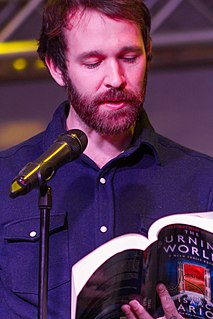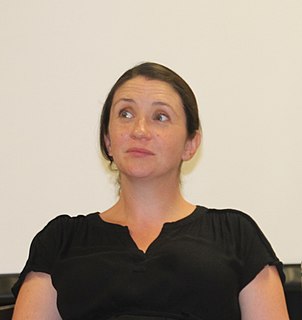A Quote by Sylvia Plath
Then I decided I would spend the summer writing a novel. That would fix a lot of people.
Related Quotes
I actually produced other people's vocals for a long time when I first signed my publishing deal and I had just sort of decided that I only wanted to be a writer. I would be in all of these writing sessions, and a lot of times my publisher would say, "You should get a demo singer to sing it because then it doesn't identify as a Solange song."
You know how some people will say to writers, "Why don't you just write a romance novel that sells a bunch of copies and then you'll have the money to do the kind of writing you want to do"? I always say that I don't have the skills or knowledge to do that. It would be just as hard for me to do that kind of writing as it would be to learn how to do any number of productive careers that I can't manage to make myself do.
With a novel, you have to have a story. It's much more important to have it matter to the reader what happens to people, and it has to make sense and end in a way that is satisfying. So I spend a lot more time thinking about that. Then the writing itself usually is easier for me, because I know where it's going.
I would go with my husband to the tailors where he gets his shirts made, and I would watch the bespoke process. I would ask them, "Would you be able to make that for me?" And they would always say, "Well, yes, but no." They were very French about it. I decided I would just do it for myself. And I started doing that. Then other people would notice, and want it. So I started doing things for friends, little pieces, and my own line grew that way.
I was obsessed with fairytales, and I was a very, very inquisitive kid, and I would ask my mom all kinds of questions. It all kind of formed a story in my head, and I really wanted to be a published author when I was 10, but I had a hard time writing a novel when I was 10. So I decided to wait until I was little bit older and then get it done.





































